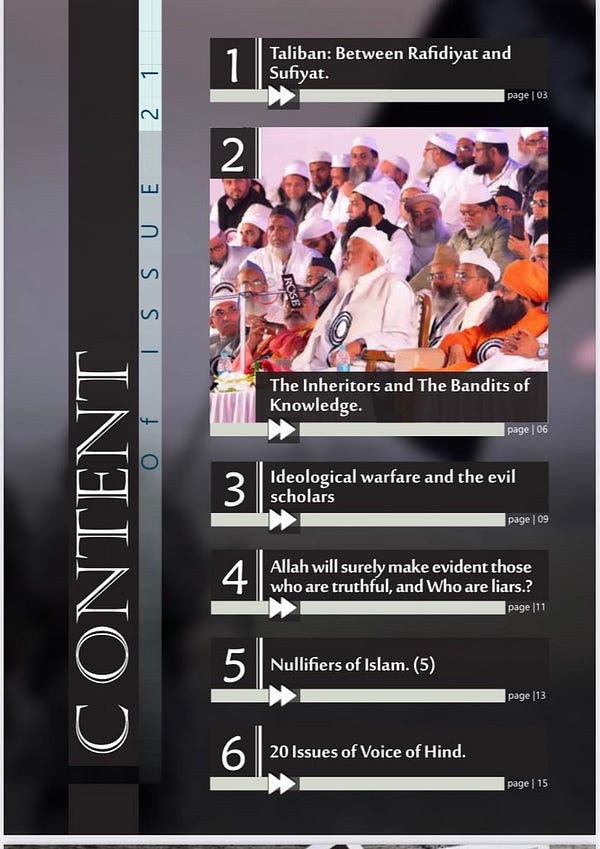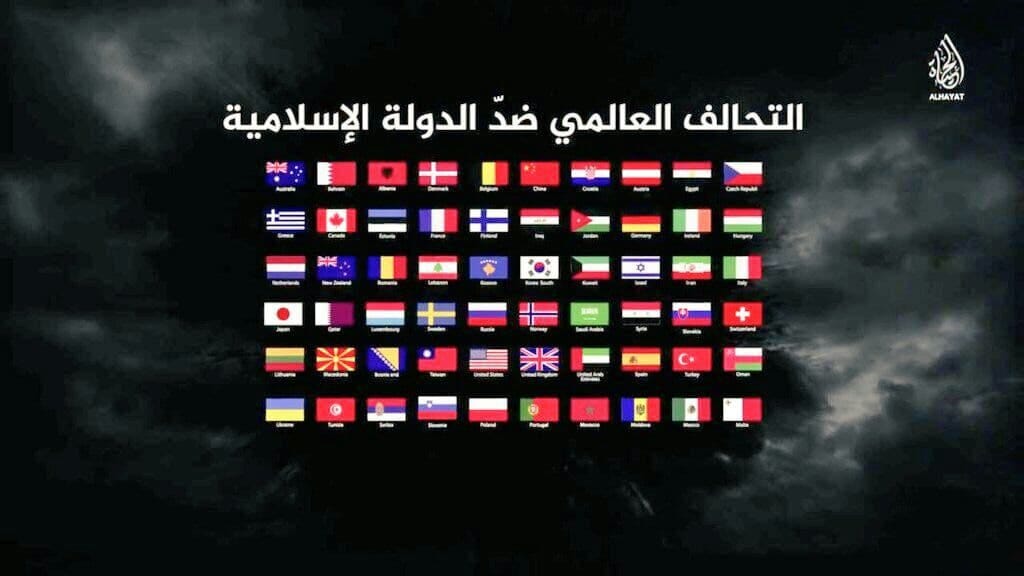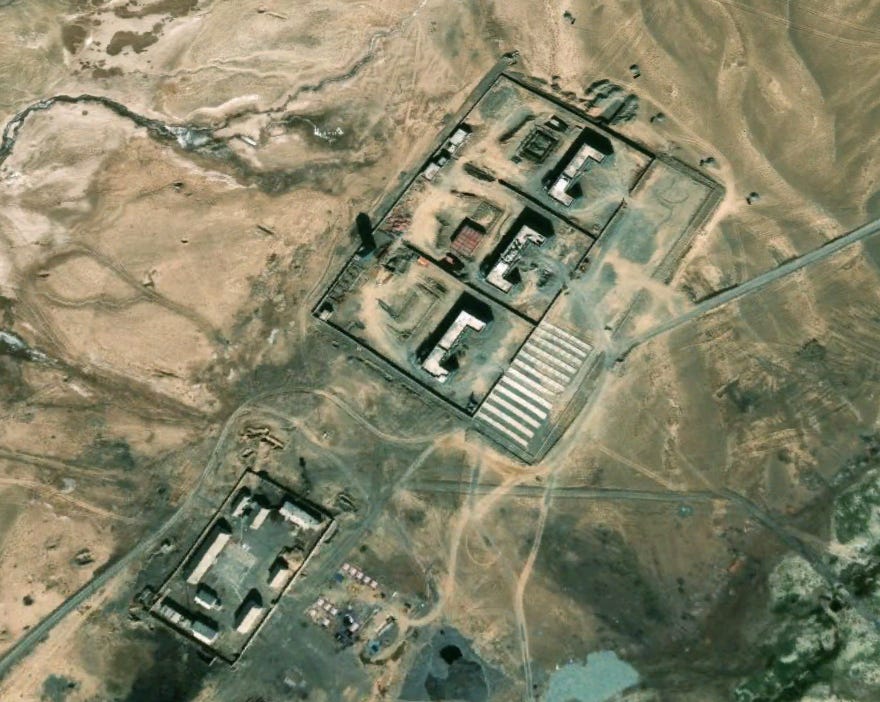Updates on China’s Security and Militancy in Asia: Communist Guerillas in the Philippines, Islamic State vs Taliban in Afghanistan, Chinese Base in Tajikistan, Turkistan Islamic Party in Syria
Philippines
The outlawed Communist Party of the Philippines-New People's Army (CPP-NPA) has become quite critical of Chinese foreign policy and has persistently voiced concern over the perceived threat posed to national sovereignty and territorial security by the intensifying US-China great power competition. The CPP’s chief information officer condemned the recent Australia–UK–US (AUKUS) agreement as part of the “rising aggressive policy of the United States in the Asia-Pacific region.” He argues that “AUKUS is certain to turn the region into a playground of imperialist bullies” and iterates that the “Philippines must continue to assert its national sovereignty against both Chinese and US imperialist military intervention.” He also asserts that the “Filipino people must firmly resist the build-up of Chinese military presence in the West Philippine Sea” and “expose and reject plans to expand the construction of US military facilities inside camps under the Enhanced Defense Cooperation Agreement (EDCA).”
The writer and activist who founded the CPP, Jose Maria Sison, also published a commentary on the upcoming election, alleging that Philippine President Duterte is “increasingly beset by complaints of retired and active officers of the reactionary armed forces who are outraged by his traitorous sell out to China of Philippine sovereign and maritime rights in the West Philippine Sea.”
Islamic State
The Islamic State (IS), particularly its eastward branches in Asia (ISHP/ISPP/ISKP), has been ramping up the anti-China rhetoric in recent months. The Islamic State Khurasan Province (ISKP), which primarily operates in Afghanistan, conducted a suicide bombing inside a Shia Muslim mosque on Friday, October 8th killing 46 people and wounding 143. Although the Hazara community was the immediate target of the operation, the Islamic State’s official media branch, Amaq New Agency, made it a point to state that the attacker was a Uyghur militant (“Muhammad al-Uyghuri”) and mentioned that “the Taliban has pledged to expel and oust [Uyghurs] at request of … China and its anti-Muslim policies there.” (You can read my short article on the incident >here<)




The pro-Islamic State Hind Province (ISHP) Voice of Hind magazine released on Friday, October 15th, includes a section celebrating the attack as being carried out by “a knight of Allah from China.” The Taliban is criticized for promising “the taghut China that it will kill and expel all Uyghur Muhajireen present in Afghanistan … to please these mushrikeen.” The pro-IS media network also purports that the Taliban promised to protect Buddhist statues in order to win favour with China.
In addition to this, a recent pro-IS video production criticizing the rulers of Saudi Arabia included imagery of Abdullah bin Abdulaziz al Saud and Hu Jintao socializing, and a pro-IS Telegram channel recirculated a still shot from an Al-Hayat video showing the Chinese flag alongside a host of other declared nation-state enemies of the Islamic State.
Tajikistan
There has been some quite interesting news released about Tajikistan-China relations this week including a report on a Chinese military outpost on Tajik soil and funding for a special police unit facility. An RFERL article discusses how, for about five years, “Chinese troops have controlled this strategic location from a collection of buildings and lookout towers as part of Bejing's nascent but growing hard-power footprint in the region that is focused on security in neighbouring Afghanistan.” The reporter describes “a rising China slowly shifting its role into security matters in the region” and notes how “local residents describe regular sightings of military drones flying overhead and the presence of surveillance equipment.” “Chinese deployment in Tajikistan represents a strategic and symbolic step by Beijing toward playing a bigger part in the region's security matters,” he claims.
The Tajik media published a report this week on an $8.5 million Chinese grant proposal to build a special police unit base (SOBR) in Tajikistan. The author claims that China will be responsible for the survey and design aspects of the project, the provision of equipment and materials, as well as directing engineering and technical personnel.
Afghanistan
Another notable report by RFERL alleges that the Taliban has relocated Uyghur militants, supposedly belonging to the Turkistan Islamic Party (TIP), away from Afghanistan’s border with China. “TIP militants were located in Badakhshan, a province in northeast Afghanistan along the country’s 76-kilometer border with China,” he says. The reporter suggests that this move is further indication of “growing coordination between Beijing and the Afghan militant group.” Researcher Andrew Small noted how this apparent development runs consistent with earlier Taliban policy, saying the organization has “sought to avoid embarrassment with China as a result of any Uyghur militant activities,” but adds that “it would be a very different matter if they actually handed them over.”
Syria
The predominantly Uyghur Turkistan Islamic Party (TIP) remains actively involved in the ongoing Syrian conflict and has recently published photos of its fighters firing artillery at Syrian Arab Army (SAA) positions near Goren camp. The organization operates in Syria (the network also spans surrounding areas) and has historically maintained a presence in the Afghanistan/Pakistan region. The group has seemingly made a conscious decision to scale back its media output showing the group’s activities in Afghanistan as of late — with the last video in country posted in late July — but has continued to release training and battlefield content from Syria.





Be sure to check out our new research platform Militant Wire: Read our work at militantwire.com and follow @MilitantWire on Twitter








